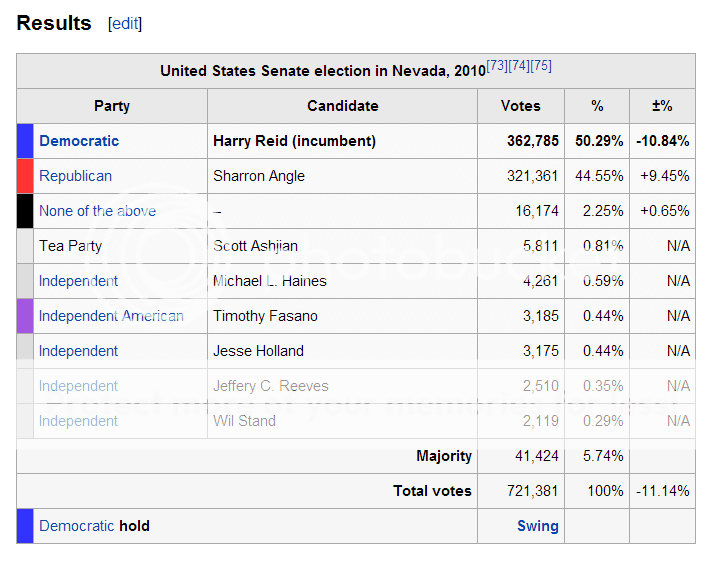WelfareQueen
Diamond Member
I know we talked about this yesterday, but the key variable for many elections (particularly Presidential) seems to be voter turnout. All the controversy about polling data in the last election cycle was really centered around the degree of bias each polling entity put into their data. To be fair, most got it right.
Stat, your data is interesting, but it really doesn't address the key motivational factor. Which bloc of voters is the most motivated to turn out? I am not sure how polling agencies determine this variable. I would be interested to know. Maybe they go off of voter registration data?
When roughly only 50%-60% of the electorate votes in most elections, the variable of turnout really does become critical.
So assume Democrat leaning voters are 46% of a States electorate, but their turnout is 60%, while Republican leaning voters are 54% of the electorate but turnout at only 50%. Guess what? The Democrat candidate wins. That is how important turnout becomes.
I would love to now how voters will turn out in 2014 and 2016. Will Obama's minority voting bloc continue to turn out in record numbers? In 2008 it was massive. It 2012 it was still very strong but fell off a bit. Will it continue to fall off in the next two election cycles, or will it remain strong? Personally, I have no clue. If anyone can speak to this issue I would be interested.
What a classy post! You have introduced an interesting aspect to he discussion. And, right there in the middle if it, you vomit up a phrase like "Obamas's minority voting block". Outstanding.
There was no judgment either way. It was a statement of fact. Minorities turned out in record numbers for Obama. To ignore that fact does a disservice to their voting power. Whites voted for Romney in the majority. I believe it was 54-46% split. Obama is President because minorities overwhelmingly voted for him. Again...it is not a judgment call on my part...it is a statement of fact. Facts should never injury anyone's sensibilities.
